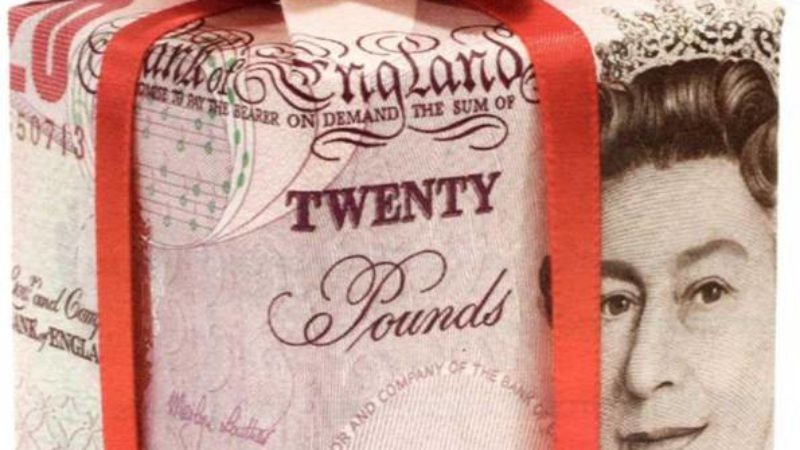
“There are two options. We can either decide to tweak the status quo…Or we can drastically change course: adopt an entirely new tax system fit for the 21st Century…generating renewed prosperity for all those who live and work here.
We…are firmly in this second camp: the old order is broken and needs radical reform. But we are also realists: our proposals, while far-reaching, are practical. They are within the realms of what a competent, ambitious and principled government could deliver over the next decade.”
I entirely agree with the above sentiment. The strange thing is that it’s an extract from the foreword to the recently published report from the 2020 Tax Commission and I concur for reasons that would probably make its authors (and their accountants) weep.
The paper overall is spectacularly misjudged. Apparently the irony of producing a 421 page report about the simplification of something unwieldy and overly complex was lost on the members of the commission. They are, however, at least open about their lack of interest in issues relating to inequality. A table on page 36 demonstrates that, of those countries listed, France, Belgium and Sweden have the highest ratio of government expenditure. It doesn’t highlight the fact that these three also lead the way in terms of levels of equality, as measured by the Gini coefficient of income distribution. Likewise, a second table draws our attention to the highest levels of tax receipts but fails to point out that the Nordic nations at the top of this table also represent those deemed to be the most equal societies in the world. This isn’t an oversight. They just don’t care. And that is not to say that more tax is the only way to reduce inequality but any serious analysis of taxation must surely consider this dimension and the extent to which redistribution of wealth should be an objective of the system.
However, the argument that we need a radical rethink of our tax system is one that should not be ignored (unlike the rest of the report which, for the sake of your emotional wellbeing and in the spirit of using the limited hours in each day most productively, I wholeheartedly recommend you do not read). It may not set the pulse racing, or win you many friends if introduced as a topic of conversation down the pub, but we need to talk about tax.
Current thinking focuses on the top and bottom of the scale, in terms of higher rates of tax and removing people from income tax through raising personal allowances (widely acknowledged to be an inefficient means of helping the poorest). But have we got it right across the whole spectrum? Does it make sense to have only three bands, with no differentiation made between those earning £35k and people on a salary of in excess of £100k? Should we place so much emphasis on the taxing of income, as opposed to focussing alternatives such as wealth, capital or so-called social ‘bads’? And this is before we even broach the minefield of corporate taxation.
Any attempts at a radical overhaul of our tax system though are going to meet a number of significant obstacles; not least bureaucratic inertia and public hostility. HM Revenue & Customs is a clumsy beast and its civil servants are likely to warn of the difficulties of root and branch reform. Individual taxpayers too are likely to be suspicious of any attempts to overhaul the system. Politicians, particularly those of a Labour persuasion, have long viewed talking about as toxic and best avoided. But there are potentially rich rewards for those who are willing to have a grown-up conversation with the electorate and propose reforms that are bold, transparent and, most of all, deemed fair.
Until we come to some conclusions about what constitutes an acceptable tax burden (both in terms of individuals and corporate entities) and how best to collect those revenues then we can’t really sensibly talk about the potential role and limitations of the state; that is, what are the priorities for public spending and how can we go about it in an equitable, sustainable and effective way which provides value for money? Of course tax is not a neutral tool and the way in which it is shaped has wider implications in terms of what it says about how we construct the state.
But first things first let’s start by working out how far the public purse can be filled and by what means.




More from LabourList
Reeves bets on patience over populism
‘Energy efficiency changes must work for older private renters’
‘Labour’s creative destruction dilemma’